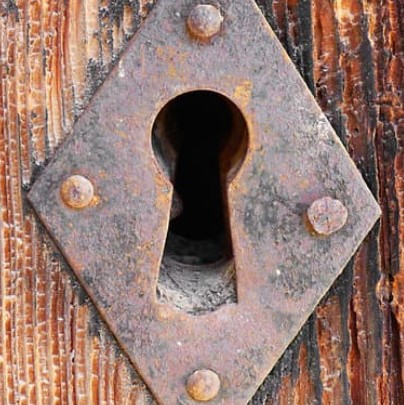
En este episodio te traemos algo bastante personal que se desprende de una pregunta que con frecuencia nos realizan ¿Como aprendieron hablar inglés? Explora con nosotros las tribulaciones, retos y sorpresas que nos llevamos mientras aprendíamos el idioma que más nos fascina enseñar. También descubre el secreto que nos convirtió en hablantes del idioma inglés casi nativos.
Tweet
«Wipe out: eliminate something completely.«
Escucha el episodio aquí:
Suscribete en: Apple podcast / Spotify / Google podcast
Síguenos en las redes sociales:
Que aprenderás en este episodio?
- Los secretos de Thomas y Starlin para aprender ingles.
Audio curso de ingles en patreon!

Al unirte a Patreon nos apoyas a seguir creando contenido para todo el que quiera aprender inglés y a la vez obtienes acceso a nuestro audio curso de inglés premium y personalizado para aprender ingles a tu ritmo!
Únete a una comunidad con tus mismo intereses y practica tu inglés.
Desde los inicios de los tiempos los seres humanos hemos necesitado la comunidad para fortalecernos y crecer juntos y eso no ha cambiado, el ser humano es un ser social y la socialización en torno a un tema de interés común te ayudara a aprender mas rápido, es por esto que te recomiendo que busques una comunidad con tus mismos intereses para que puedas practicar tu inglés, socializar, aprender y compartir lo que sabes, eso de verdad que ayuda mucho.
En EnglishwayRD creemos que la comunidad es importante para el aprendizaje y por eso tenemos nuestro club de inglés en Whatsapp. Únete y comparte y aprende en comunidad.

Conoce a los presentadores del podcast

Starlin Santos
Co-fundador de englishwayrd, host del podcast englishwayrd. Profesor de ingles con mas de 5 años de experiencia en la enseñanza del idioma inglés. TEFL certified.

Thomas Martinez
Co-fundador de englishwayrd, host del podcast englishwayrd. Profesor de inglés certificado con 4 años de experiencia en la enseñanza del idioma ingles y mas de 1o años en el aprendizaje de inglés. TEFL certified.




